News
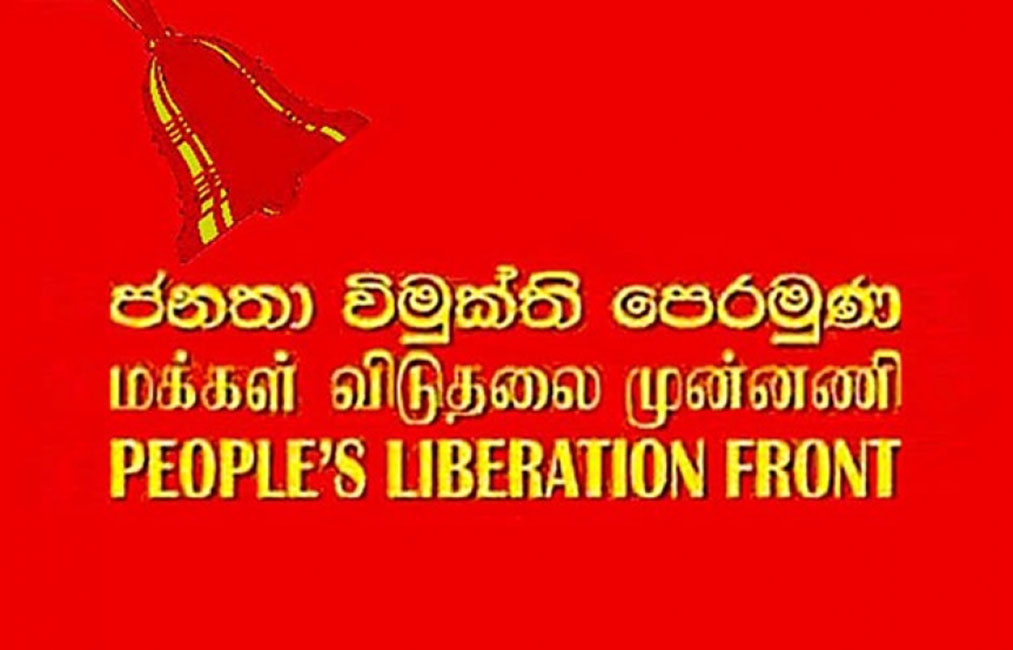
Several protests to be held this week as calls mounts for restoration of democracy
A protest rally is set to be held in Colombo today in a bid to force President Maithripala Sirisena and relevant authorities to reconvene parliament.
The protest is scheduled to be held at the Colpetty junction at 12 pm tomorrow.
Meanwhile, the Janatha Vimukthi Peramuna (JVP) has announced its own rally to call for democracy to be restored in the country.
Their rally will take place on Thursday in Nugegoda at 3 pm JVP sources said.
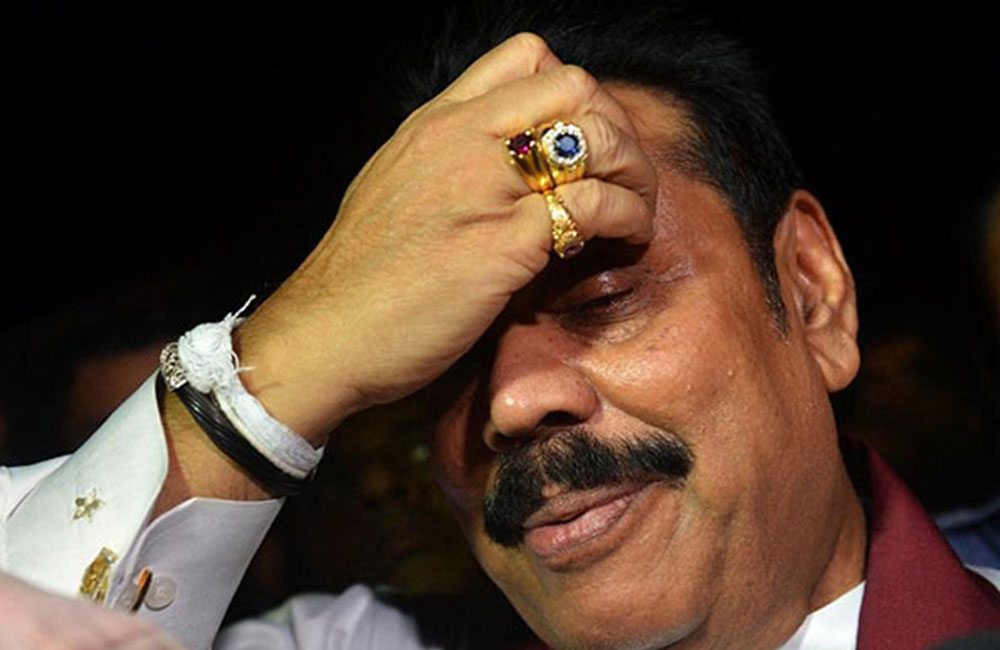
Maithree loses it as Mahinda vetoes suggestion to use Military to remove Ranil from Temple Trees
Failing to gain the necessary support to establish a majority in parliament President Maithripala Sirisena appears to have finally snapped sources say. According to reports the President is said to have suggested the Army be used to forcibly remove Prime Minister Ranil Wickremesinghe from the Temple Trees. However, the decision has failed after Mahinda Rajapaksa who took oaths as Prime Minister today vetoes this suggestion claiming he's not prepared to be responsible for the possible bloodbath that may arise.
Basil Rajapaksa had advised Mahinda to not support any decision or suggestion that may be politically disadvantaged at this juncture.
However, in what can only be described as a descent into madness, the President is said to have driven away all his advisors instead deciding to listen to MPs Wimal Weerawansa and Udaya Gammanpila. Weerawansa reported being pressing the President to call in the Army and remove Wickremesinghe from the Temple Trees.
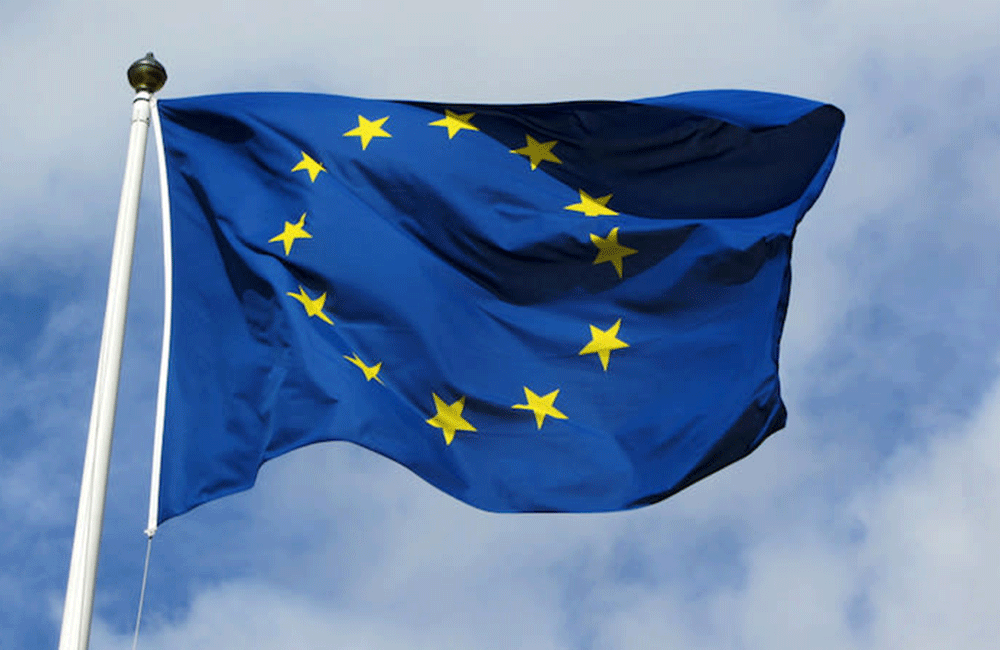
President Sirisena should reconvene Parliament immediately: EU
The European Union called for the immediate reconvening of the Parliament so that elected representatives of the Sri Lankan people can fulfil their duties.
The sudden deterioration of the situation in Sri Lanka over the weekend puts the country at risk of instability and unrest, the European Union said in a special statement.
"Along with other key international partners of Sri Lanka, the Ambassador of the European Union met today with the President of Sri Lanka, Maithripala Sirisena, to express our expectation that a solution respectful of the country's constitution would be found quickly. To this end, it is important that the President allows the immediate reconvening of the Parliament so that the elected representatives of the Sri Lankan people can fulfil their duties," the EU said.
In the backdrop of Rajapaksa loyalists forcibly taking over State media institutions and the government ministries, the European Union urged all parties concerned to avoid violence and provocation.
"In the current context of tensions and uncertainties, it is of utmost importance that violence and provocation are avoided and that law enforcement agencies act with restraint."
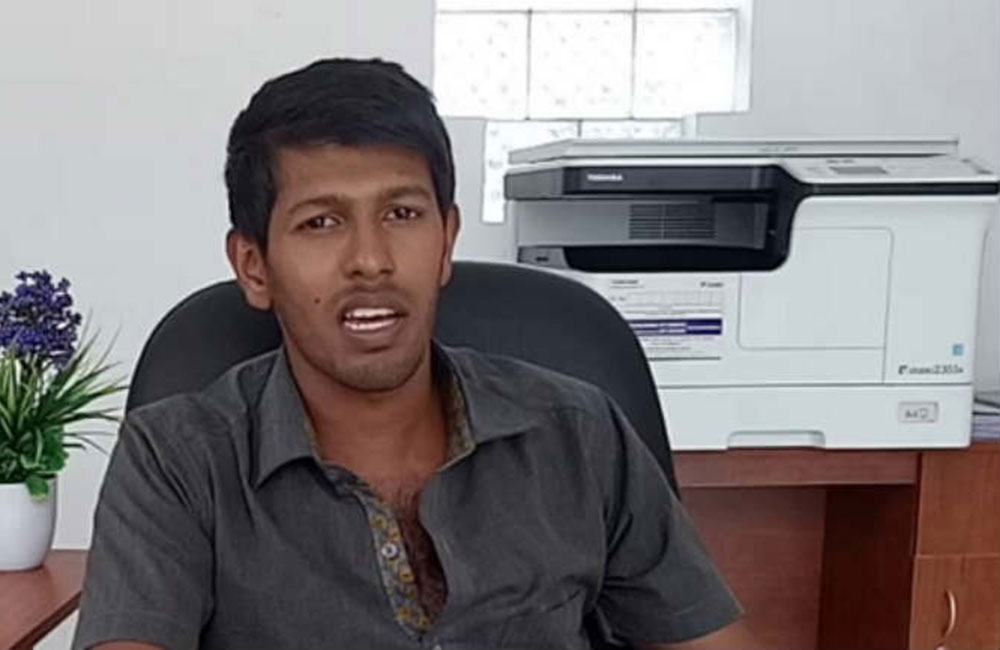
Mahason Balakaya leader that instigated Digana race riots released
Leader of the Mahashon Balakaya, Amith Weerasinghe and nine others who were remanded over the race riots that erupted in Digana were granted bail by the Kandy High Court today.
It is reported that the unconstitutional government has decided to abstain from appointing minorities to top government posts. Furthermore, sources within the government suggest that they are also looking at ways to release all those who have been arrested for instigating mass racial violence since 2015.
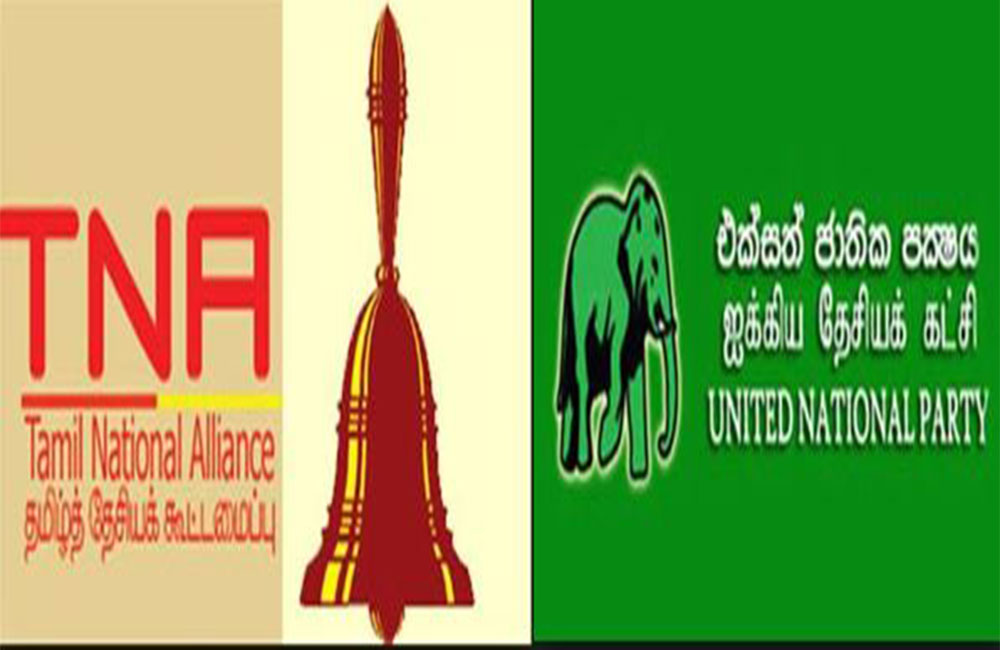
Proposal to form a UNP-TNA-JVP Probationary Government
A proposal to form a probationary government, based on fulfiling the promises made to the public to abolish the Rajapaksa regime in 2015 along with certain other conditions, has been put forward by several civil society organisations, a senior member of the United National Party said today.
The civil societies have proposed that this probationary government be confined to a specific period, with a view to achieving a specific political goal of fulfiling the aspirations of the masses who voted on January 08, 2015.
The UNP spokesman further stated that he intends to discuss the proposal with the Tamil National Alliance (TNA) and the Janatha Vimukthi Peramuna (JVP) within the next few days.
However, the JVP has already emphasized that the party will not support neither a Maithri-Mahinda caretaker government nor be a coalition partner of a UNP government.
The TNA says that the party is yet to decide on its political stance during this constitutional crisis.
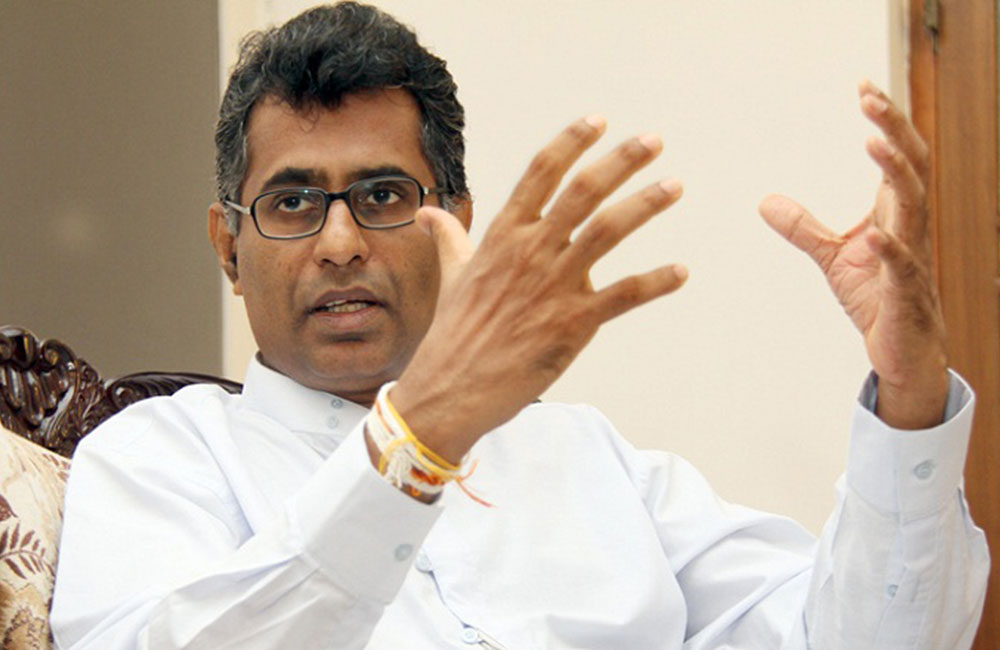
They are making a mockery of our democracy: Patali
Minister Patali Champika Ranawaka said that they will protest tomorrow against the unconstitutional and undemocratic way in which the Rajapksas' assumed power.
“We aren’t protesting against the government tomorrow. We are the government. We are protesting against the unconstitutional manner in which they assumed power. They have taken over state media institutions by force and is engaged in fear mongering while making a mockery of our democracy. That is why we are protesting”.
When a journalist asked a question by addressing Ranawaka as Parliamentarian, he had this to say.
“I’m a Minister. I have not been informed officially that I have been removed from my portfolio. Therefore, I am still a Minister. Tell Rajapaksa to leave aside the thuggery of the Vithaarandeniye Ukkuwas’ and the Julyampitiye Amares’ and show up at the parliament.”

Respect democratic values and constitutional provisions: UN
The top UN official in Sri Lanka met Parliament Speaker Karu Jayasuriya and conveyed Secretary-General Antonio Guterres's concern over the ongoing political crisis that has gripped the island nation.
Hanaa Singer, the UN Resident Coordinator in Sri Lanka "met the Speaker of Parliament, stressing the Secretary-General's message for the need to respect democratic values and constitutional provisions and process, uphold the rule of law and ensure the safety and security of all Sri Lankans", Guterres's spokesperson Stephane Dujarric said here on Monday.
Guterres "is following the latest developments in Sri Lanka with great concern" and "urges all parties to exercise restraint and address the unfolding situation in a peaceful manner", Dujarric said.
Jayasuriya warned on Monday that the crisis should be "settled through parliament, but if we take it out to the streets, there will be a huge bloodbath".
On October 26, President Maithripala Sirisena fired Prime Minister Ranil Wickremesinghe and appointed his predecessor Mahinda Rajapaksa in his place.
Rajapaksa, who was President from 2005 till his defeat by Sirisena in the 2015 elections, led the country during the 2009 brutal end to the civil war during which 40,000 people were killed, according to a UN report.
Guterres "calls on the government to respect democratic values and constitutional provisions and process, uphold the rule of law and ensure the safety and security of all Sri Lankans", Dujarric said.
On Sunday, the US said Sri Lanka's parliament should decide who should be the Prime Minister.
State Department spokesperson Heather Nauert said Washington was following the "developments in Sri Lanka with concern" and urges "all sides to refrain from intimidation and violence".
"We call on the President, in consultation with the Speaker, to immediately reconvene parliament and allow the democratically elected representatives of the Sri Lankan people to fulfill their responsibility to affirm who will lead their government," she added.
The US Embassy's Charge d'Affaires in Colombo, Robert Hilton, met Jayasuriya on Monday. IANS
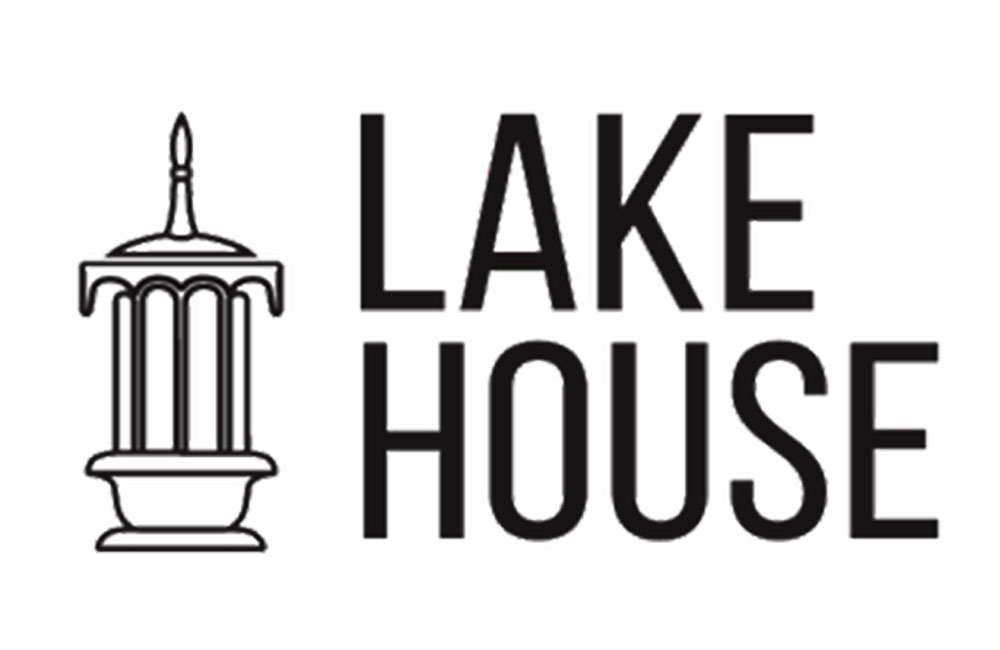
SLPP agents brought in to monitor Lake House
Sources within state media organization Lake House claim that various unknown individuals from outside the organization have been brought in to monitor its activities and assist in carrying out its publication duties.
According to sources the individuals claim they are from the Ministry of Mass Media and have been assigned to supervise the organization and are seen working in the editorials of the newspapers despite not being staffers.
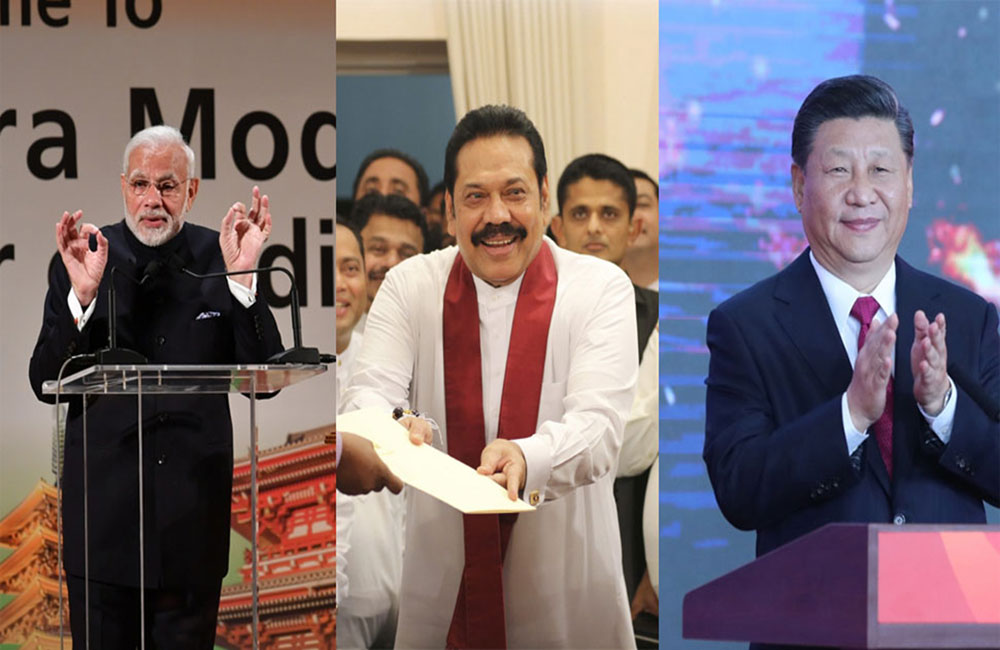
India cautious after appointment of pro-China PM Mahinda Rajapaksa in Sri Lanka
India, caught flatfooted by the appointment of Mahinda Rajapaksa as Sri Lanka`s premier, has opened urgent diplomatic and political contacts with the strongman who drew close to China during his previous tenure as president, officials said.
The tear-shaped island, located off the southern tip of India, has become an arena of tussle between New Delhi and Beijing, which has built ports, power stations and highways as part of its Belt and Road Initiative of trade and transport links across Asia.
Rajapaksa had opened up Sri Lanka`s main port to Chinese naval submarines when he was president, which stoked anger in India. His return to power in a surprise move by current President Maithripala Sirisena has drawn concern in New Delhi that China would tighten its grip on the island that lies along busy shipping lanes.
"It is advantage China at the moment," said Srikanth Kondappali, a specialist on India-China ties at New Delhi`s Jawaharlal Nehru University who closely tracks the regional rivalry between the Asian giants.
He said Beijing had invested in Rajapaksa and in his political constituency of Hambantota in the south of Sri Lanka where it has built a $1.5 billion deep water port, an airport and also planned an industrial zone.
Sirisena sacked Prime Minister Ranil Wickremesinghe on Friday and named Rajapaksa to replace him, breaking up a fragile coalition governing the island.
Wickremesinghe, who was seen as pro-India, said his sacking was illegal and he has maintained that he is still prime minister and had majority support in parliament.
Sri Lanka is one of a chain of countries where the India-China rivalry is playing out, stretching from Bangladesh, Nepal to the Maldives, where a pro-China leader was voted out in a surprise election result last month that was welcomed by India, the United States and the European Union.
Indian diplomats were in contact with Rajapaksa`s camp, officials in New Delhi said, adding they were ready to do business with the new leader so long as his appointment was in line with the country`s constitution.
"India will continue to extend our developmental assistance to the people of Sri Lanka," an Indian foreign ministry spokesman said on Monday.
Separately, leaders of the Rashtriya Swayamsevak Sangh, the ideological parent of Prime Minister Narendra Modi`s governing Hindu nationalist-led alliance, have reached out to Rajapaksa to promote ties, party sources said.
PREDATORY
Seshadri Chari, an RSS leader involved in the track two diplomacy, said he was confident New Delhi and Colombo will work for better relations under the new leadership in Sri Lanka.
"In the changed geo-political realities, we have to be practical and pragmatic to protect our national self-interest and do better business," he said. The RSS wields influence in the Modi administration and has acted as an unofficial intermediary with some neighbouring countries.
China has in recent years faced criticism that many of its investments in Sri Lanka, the Maldives and other countries run the risk of driving smaller nations into debt and potentially impinge on their sovereignty.
"We are seeing an international pushback against China`s predatory practices. It can only intensify and in that backdrop it`s hard to see Sri Lanka doling out more projects even under Rajapaksa," said an Indian government source.
China`s Foreign Ministry spokesman Lu Kang said Beijing believes the people and government of Sri Lanka have the wisdom to "appropriately handle" the situation, and China hopes all sides can resolve differences via dialogue, to protect the country`s stability.
Harinda Vidanage, Director of the Bandaranaike Centre for International Studies, a thinktank in Colombo, said Sri Lanka had become a greater strategic prize after the pro-China president of the Maldives, Abdulla Yameen, lost the election.
"For China, both Sri Lanka and Maldives were very important in their effort to gain a foothold in the Indian Ocean. China to certain extent lost the Maldivian connection when Yameen lost the elections," he said.
Shailesh Kumar, Asia director at the Eurasia group, said the changes in Sri Lanka would benefit China.
"While Beijing lost a pro-Chinese government earlier this month in the Maldives, it will make up ground in South Asia with the change of guard in Sri Lanka," he said, adding that it came as Sri Lanka`s economy was in financial difficulties.
"The decision to bring Rajapaksa back into the mainstream is likely intended to open the flow of Chinese funds, given the close relationship he cultivated with the Chinese leadership."
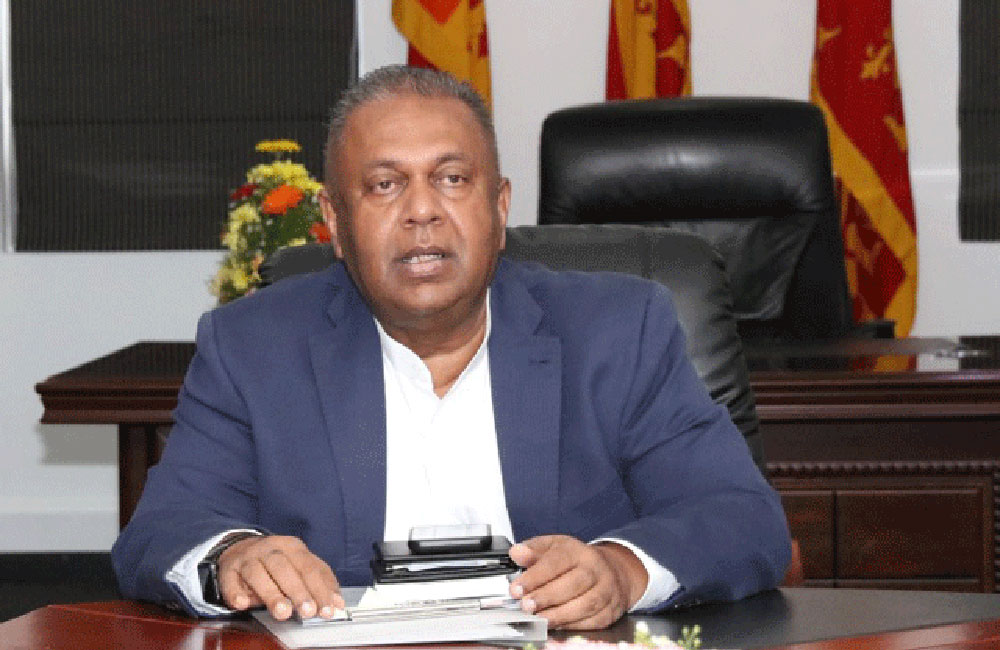
Sira strikes again : Finance Minister Samaraweera's security detail withdrawn
The security provided to Minister of Finance and Mass Media Mangala Samaraweera is said to have been removed following an order by President Sirisena.
The move comes after the security of the Prime Minister Ranil Wickramasinghe was removed yesterday
The Minister revealed this on Twitter today.
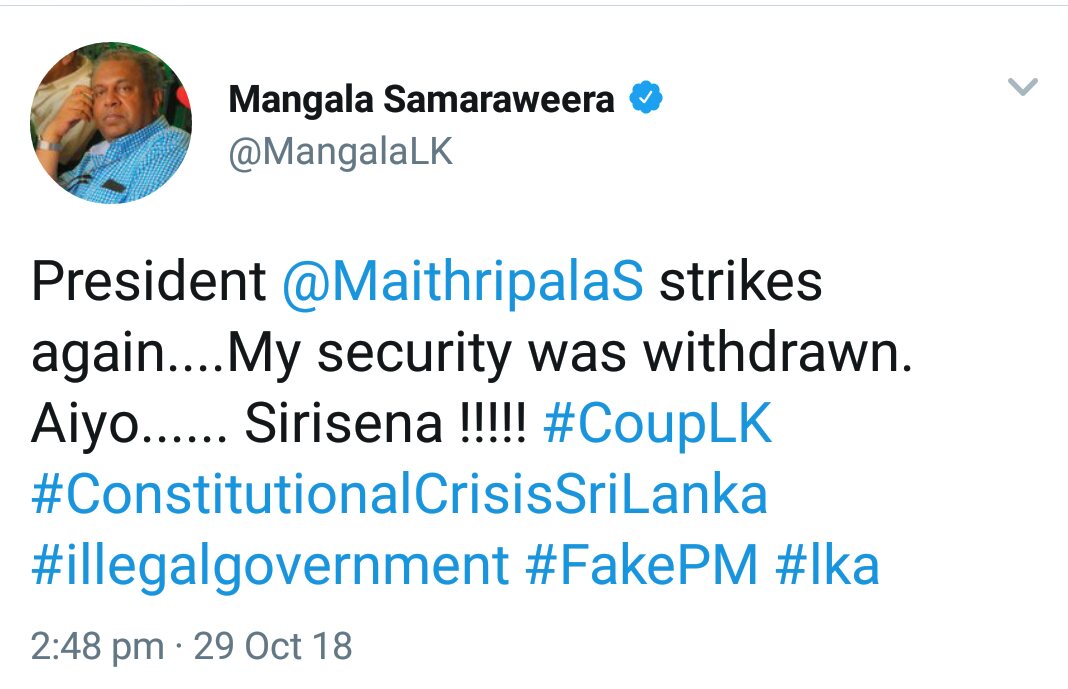
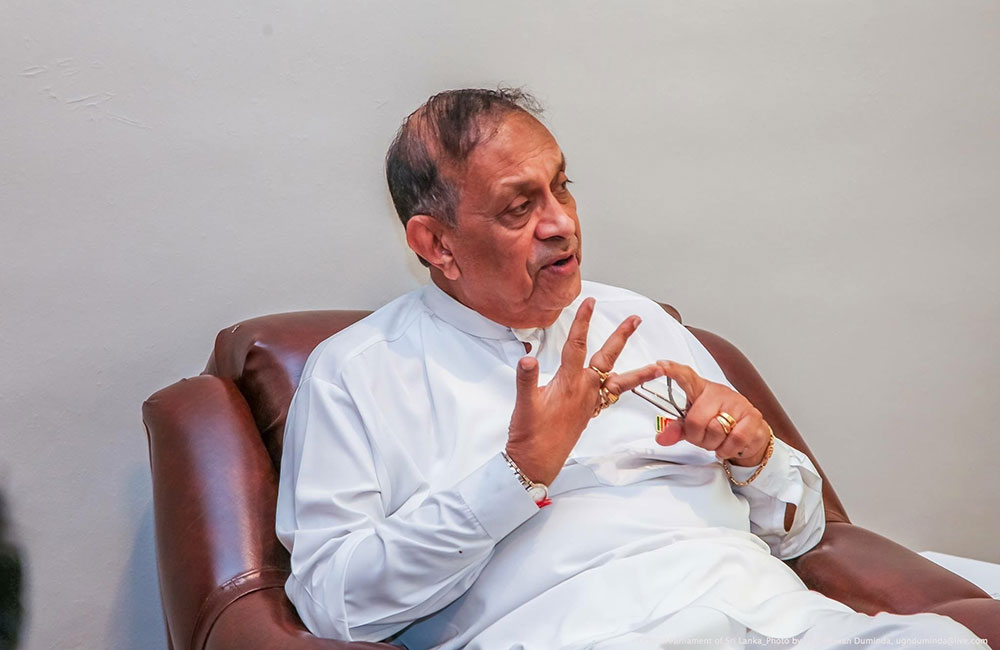
Speaker warns of violence from political crisis
The speaker of Sri Lanka's parliament has warned of a possible bloodbath if Parliament is not summoned immediately to resolve a deepening political crisis following the president's sacking of the prime minister.
Speaker Karu Jayasuriya's comments came hours after dismissed Prime Minister Ranil Wickremesinghe also demanded the reconvening of Parliament, saying he still controls a majority.
President Maithripala Sirisena sacked Wickremesinghe and his Cabinet on Friday and replaced him with former strongman Mahinda Rajapaksa.
Jayasuriye said the crisis should be resolved by Parliament and added that he has already asked Sirisena to summon lawmakers.
He said: "Some are trying to resolve this matter in the streets. If that happens, a bloodbath could occur."
The United States urged Sirisena on Sunday to reconvene Parliament.
(AP)
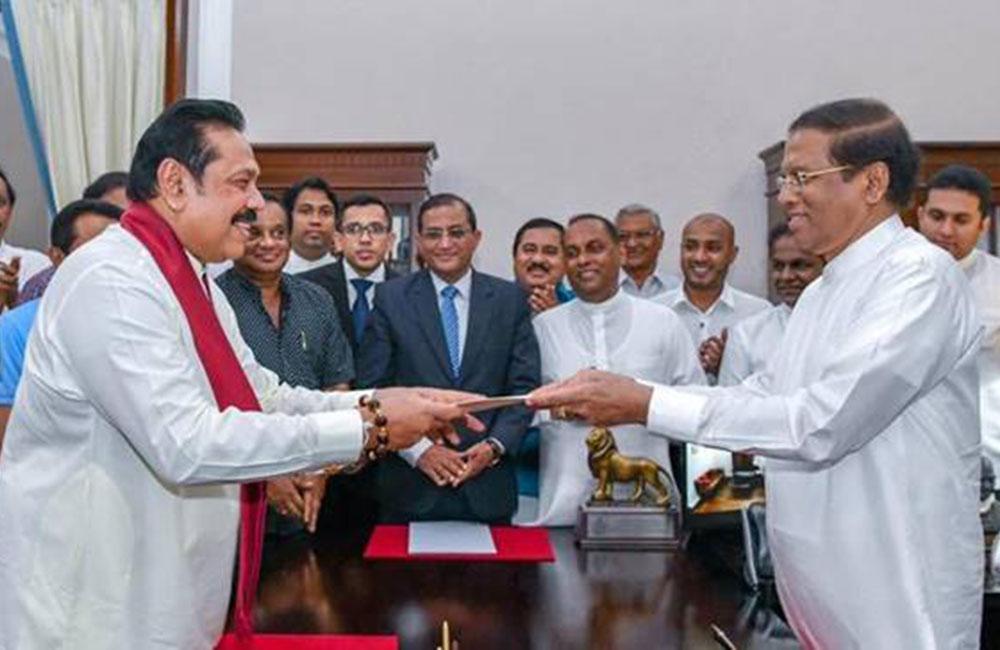
How President Maithripala Sirisena fell into the trap laid by Mahinda Rajapaksa
Sri Lanka President Maithripala Sirisena turned out to be a willy fox, contrary to all expectations, and yet he fell into the trap carefully laid by former president and newly-appointed Prime Minister Mahinda Rajapaksa, according to informed sources.
Like in 2014-15 when Sirisena ousted pro-China Rajapaksa, he has once again stunned Sri Lanka.
This time though with a bloodless coup against Ranil Wickremesinghe. And when Wickremesinghe refused to step down as prime minister and sought to prove majority, Sirisena moved fast to suspend the parliament.
Till December 2014, political analysts in Sri Lanka had never thought that Sirisena will betray Rajapaksa. He did that. Until this month, nobody had thought that he was going to betray Wickremesinghe. He did that, but this time in a move orchestrated by Rajapaksa, sources indicated to ET.
The political and constitutional crisis in Sri Lanka is unlikely to end any time soon. Through his hasty and unconstitutional acts, Sirisena seems to have caused damage to his credibility, experts say.
It may be recalled that in December 2014, Sri Lanka’s joint opposition, led by former president Chandrika Bandaranaike Kumarathunga and then leader of opposition Ranil Wickremesinghe had declared that Sirisena would take on incumbent Rajapaksa in the 2015 presidential election.
Sirisena, a mild-mannered senior minister in the Rajapaksa cabinet, quit and crossed over to the opposition to take on the pro-China president. Rajapaksa was stunned.
In a closely fought election, Sirisena defeated Rajapaksa, who tried to cancel the election results, but the move was foiled by army and police chiefs. Rajapaksa stepped down, handing over the charge to Sirisena.
Sirisena appointed Wickremesinghe as the prime minister. The Rajapaksa era was over, so thought many.
A few months later, the Lankan parliament was dissolved. The United National Party (UNP) and the Sri Lanka Freedom Party (SLFP) came together to form a national unity government under Sirisena and Wickremesinghe. It ended last Friday.
In the first two years, both the leaders shared an excellent chemistry and China received a setback.
Media and civil society, who were under constant threat during the Rajapaksa regime, heaved a sigh of relief.
Friday’s developments were set in motion in early 2017. Rajapaksa and MPs close to him exploited and even fuelled the rift. Sirisena and Wickremesinghe differed over several vital issues. They even fought in public over the handling of several domestic issues.
Rajapaksa was successful in driving a wedge between Sirisena and Wickremesinghe, including the conspiracy theory that India was trying to assassinate the president.
When Sirisena was chosen to take on Rajapaksa, the joint opposition had claimed that his personal integrity and mild manners would be their trump card against the incumbent president. Sirisena's Buddhist moorings also helped the opposition dent Rajapaksa's carefully-built Buddhist image.
Wickremesinghe had said that Sirisena was the best choice before them at the time. Even Kumarathunga had expressed faith in Sirisena, who had served in her government before Rajapaksa succeeded her in 2015. (Economic Times)
Page 374 of 510